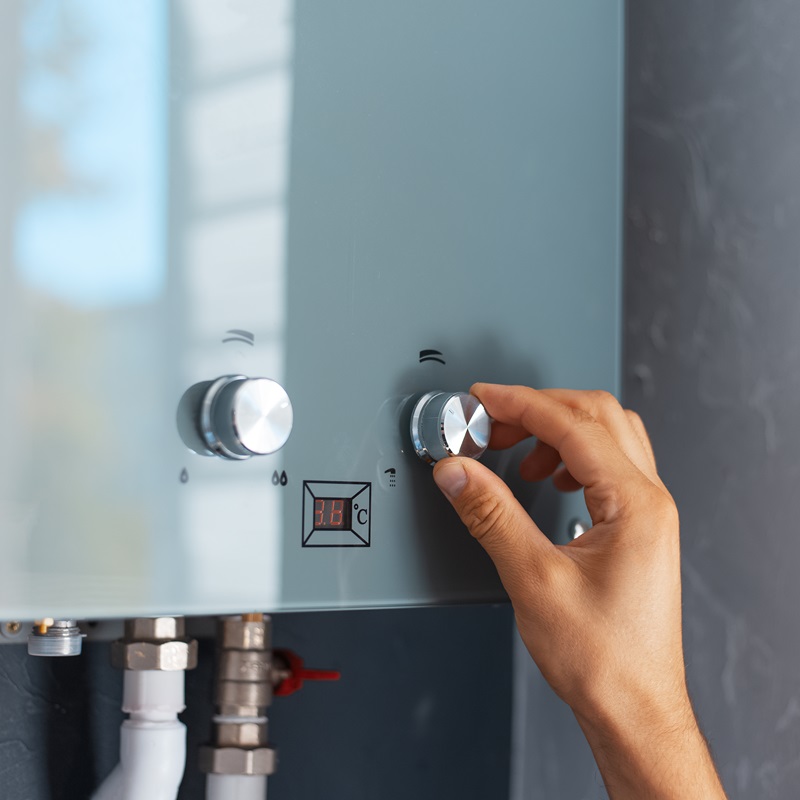Understand geyser sizes to avoid wrong selection.
Understand geyser sizes to avoid wrong selection.
Blog Article
Just how to Select the Right Geyser to Optimize Power Performance in Your Home
Picking an energy-efficient geyser is not as straightforward as it seems, calling for mindful assessment of numerous variables. From recognizing the different kinds of geysers, to assessing their energy effectiveness scores and thinking about positioning strategy, each decision plays an important function in making the most of efficiency. Balancing the initial investment with long-term savings is likewise vital. Let's get started on this journey to uncover exactly how to make one of the most informed choice for a geyser that will certainly reduce your power costs while guaranteeing optimum performance.

Comprehending the Different Types of Geyser
While there are numerous sorts of geysers readily available on the marketplace, comprehending the distinctions in between them is important for energy efficiency (geyser sizes). The first kind, storage geysers, are the most common and shop warm water in a tank for use when needed. They are offered in different capacities and are typically energy-efficient, but they can shed heat when not being used
The 2nd kind is the tankless geyser, which heats up water on demand, leading to less power waste however calling for a greater preliminary power draw. Solar geysers make use of solar power to heat up the water, making them the most energy-efficient yet likewise the most expensive.
Evaluating Your Family's Warm water Needs
Prior to diving into the acquisition of a geyser, it is pivotal to evaluate the warm water demands of your family. This evaluation needs to consider countless factors consisting of the variety of house members, frequency of warm water use, and the variety of hot water electrical outlets in the home (geyser sizes). A tiny household with irregular warm water use could need a smaller, less effective geyser contrasted to a bigger family with multiple everyday warm water needs
The type of devices that need warm water also play a significant role. Dishwashers and washing equipments, as an example, might need even more hot water than a basic shower or kitchen area sink. Certain tasks such as bathing or cleaning also affect the regularity and quantity of hot water required.
Reviewing Power Effectiveness Scores of Geyser
Having examined the hot water requirements of your family, it's essential to turn your interest to the browse around this site energy performance ratings of geysers. These rankings, normally offered as Energy Variable (EF), indicate a geyser's overall energy effectiveness based on the amount of warm water generated each of directory gas consumed over a common day. The greater the EF, the extra efficient the water heating unit.

Factors To Consider in Geyser Size and Placement
Beyond energy efficiency scores, the size and placement of your geyser go to website are essential elements to take into consideration. The size of the geyser need to line up with your family's warm water demands. A small geyser might make use of much less energy yet might not give enough warm water for several usages at the very same time, whereas a larger unit can fulfill higher need however might take in more power.
Geysers should be set up close to points of use to minimize warm loss during water transportation. Furthermore, considering thermal insulation, a geyser located in a warmer location sheds less warmth and for that reason utilizes less power to preserve the water temperature level.
Price Analysis: Balancing Initial Investment and Long-Term Savings
While size and positioning most certainly play considerable roles in a hot spring's energy performance, one must not neglect the monetary aspect. When thinking about the initial financial investment, the cost of energy-efficient hot springs can be higher than conventional designs. However, the increased in advance expense can be countered by long-lasting energy financial savings, making it a worthwhile financial investment over time.
Evaluating lasting savings needs an understanding of the geyser's power rating. An appliance with a higher score will certainly eat much less power, translating to lower utility costs with time. Additionally, federal government incentives and refunds for energy-efficient devices can also help redeem first prices.
Ultimately, upkeep and lifespan need to be factored in. Energy-efficient geysers frequently have much longer life expectancies and lower upkeep expenses, adding to general cost savings. Consequently, when balancing first financial investment and long-term savings, one must consider not only the purchase rate however also energy intake, government motivations, and upkeep expenses.

Final thought
Selecting an energy-efficient geyser needs cautious consideration of various variables. These include recognizing the kinds of hot springs, examining your household's warm water requirements, reviewing power performance scores, and determining expense advantages. The best geyser size, placement, and insulation can substantially lower power costs and environmental impact. Consequently, making a well-informed selection can lead to substantial long-term financial savings, making it a worthwhile investment for your home.
Report this page